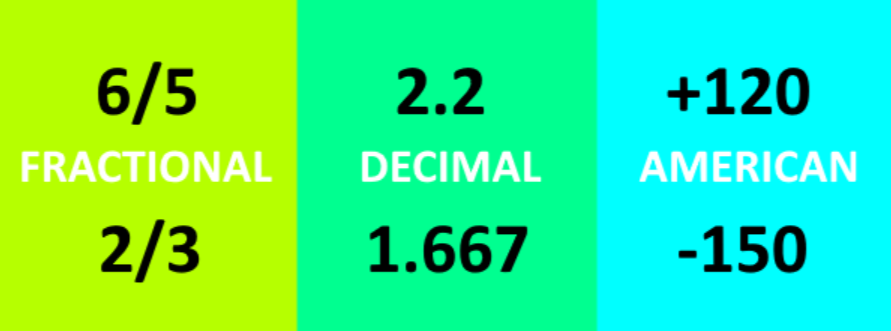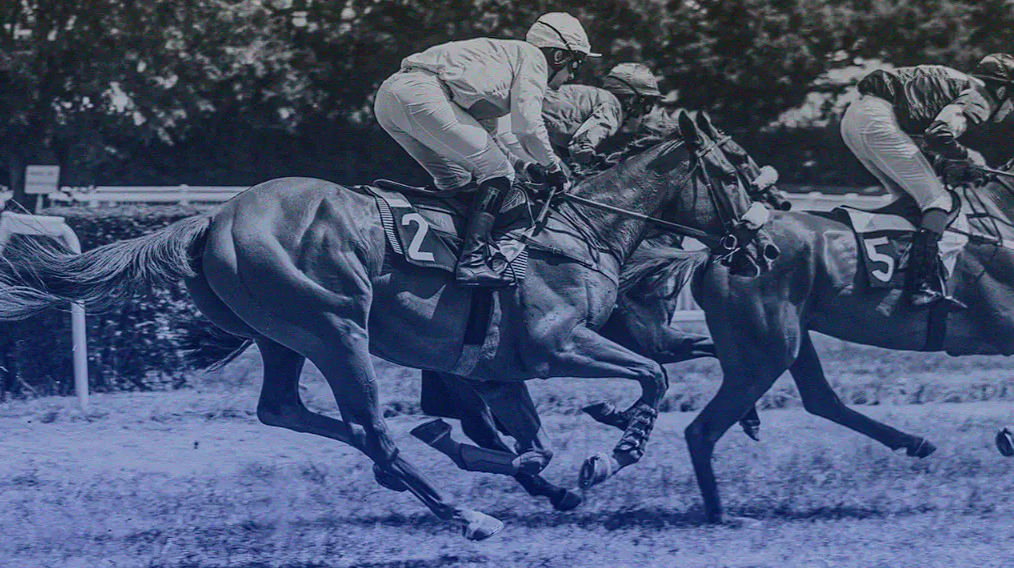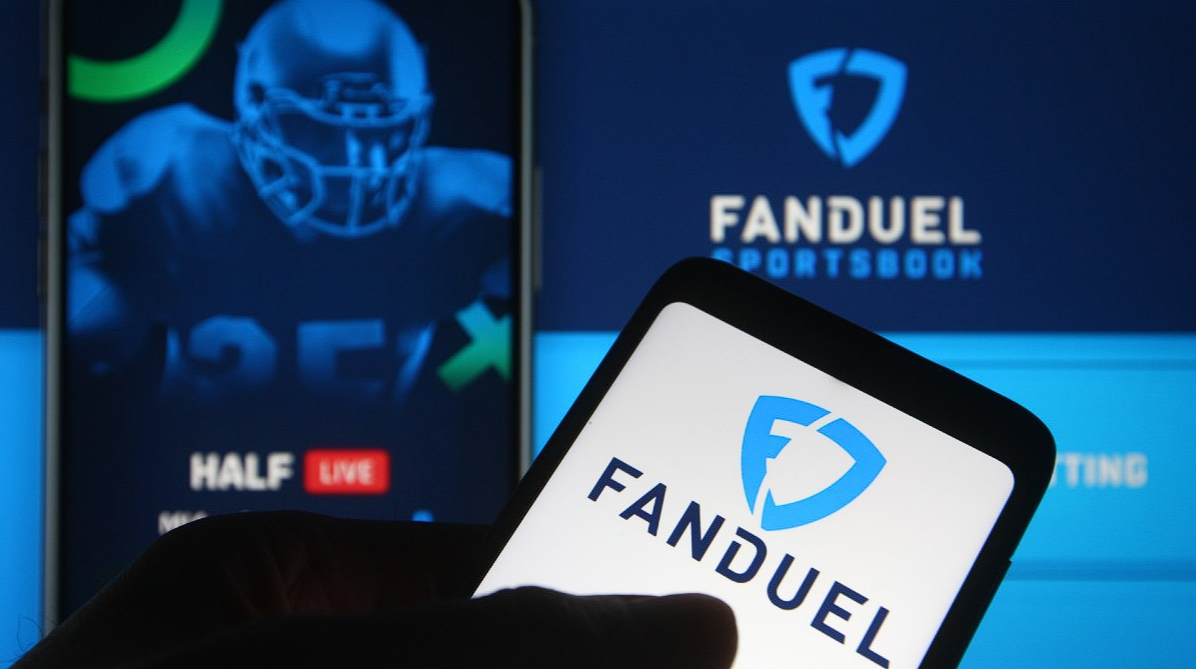
Betting odds are determined by a variety of factors that influence the likelihood of an event occurring. Understanding these factors can help bettors make more informed decisions and maximize their chances of success. This article explores the key factors influencing betting odds and how they impact the betting market.
Market Demand and Supply
Role of Bookmakers
- Odds Setting: Bookmakers set odds based on the perceived probability of an event occurring. They aim to balance their books by attracting equal amounts of money on all possible outcomes.
- Margin Inclusion: Bookmakers include a margin in their odds to ensure profitability, regardless of the event’s outcome. This margin is often referred to as the “vig” or “juice.”
Public Perception
- Media Influence: The media plays a significant role in shaping public perception, which can influence betting odds. Positive or negative news coverage can sway public opinion and affect the amount of money wagered on an event.
- Social Media: Social media platforms can amplify public sentiment, leading to shifts in betting patterns and odds adjustments.
Historical Data and Statistics
Team and Player Performance
- Past Results: Historical data, including past results and performance statistics, significantly influence betting odds. Bookmakers analyze this data to set initial odds and adjust them based on recent trends.
- Injuries and Suspensions: Injuries, suspensions, and other factors affecting player availability can impact a team’s performance and, consequently, the betting odds.
Head-to-Head Records
- Previous Encounters: The outcomes of previous encounters between teams or players can provide insights into their strengths and weaknesses, influencing the odds set by bookmakers.
- Home and Away Records: Teams often perform differently at home and away, affecting the odds for matches played in different venues.

Market Sentiment and Trends
Betting Patterns
- Early Money: Significant amounts of money wagered early on a particular outcome can influence bookmakers to adjust the odds to balance their books.
- Sharp Action: Professional bettors, known as “sharps,” often place large bets based on their analysis, which can lead to odds adjustments as bookmakers react to their actions.
Market Movements
- Odds Fluctuations: Odds can fluctuate based on market movements, reflecting changes in public sentiment and betting patterns. Monitoring these fluctuations can provide insights into potential value bets.
- Closing Line Value: The closing line value (CLV) refers to the final odds offered by bookmakers before an event starts. Comparing the opening and closing odds can reveal market trends and potential value.
External Factors
Weather Conditions
- Impact on Performance: Weather conditions, such as rain, snow, or extreme temperatures, can affect player performance and game outcomes, influencing betting odds.
- Venue Conditions: The condition of the playing surface, whether it’s grass, artificial turf, or affected by weather, can also impact performance and odds.
Economic Factors
- Market Liquidity: The overall liquidity of the betting market can influence odds. Higher liquidity generally leads to more stable and competitive odds.
- Global Events: Major global events, such as economic crises or political instability, can indirectly affect betting markets and odds.
Psychological Factors
Bettor Behavior
- Emotional Betting: Bettors often make decisions based on emotions, such as loyalty to a team or player, which can influence betting patterns and odds.
- Recency Bias: Recent events, such as a team’s or player’s recent performance, can disproportionately influence betting odds, as bettors tend to give more weight to recent results.
Market Overreactions
- Overreactions to News: The market can overreact to news, leading to significant shifts in odds. Bettors can capitalize on these overreactions by identifying value bets that may emerge as a result.
- Public Overconfidence: Overconfidence in a team’s or player’s abilities can lead to inflated odds, creating opportunities for contrarian bets.
Conclusion
Understanding the factors influencing betting odds is crucial for making informed betting decisions. By considering market demand and supply, historical data, market sentiment, external factors, and psychological influences, bettors can gain a comprehensive understanding of how odds are set and adjusted. This knowledge can help bettors identify value bets and maximize their chances of success in the competitive world of sports betting.





